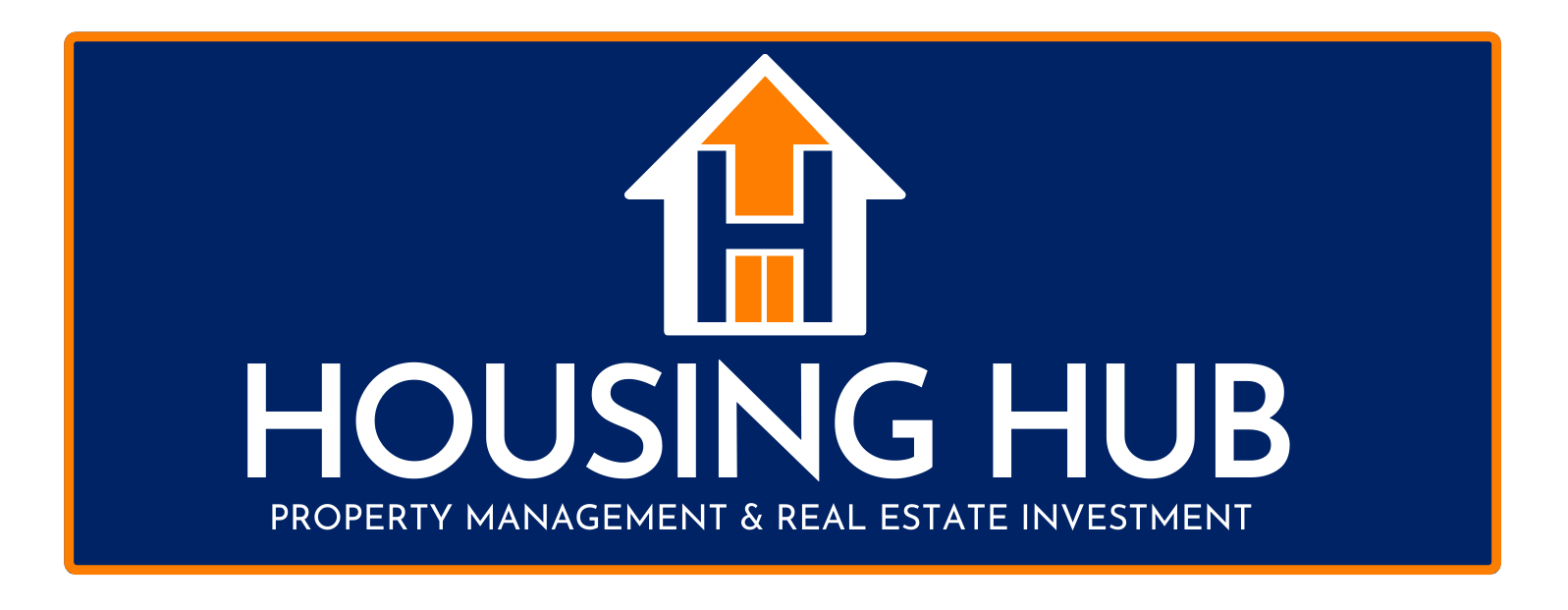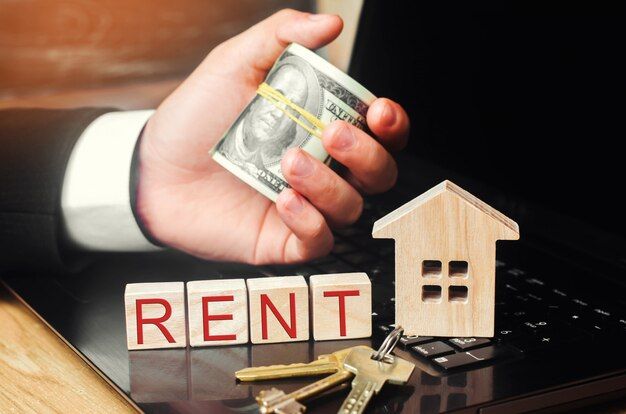How Rent Control Laws Affect Property Owners in Minneapolis
Rent control laws have become a significant topic of discussion for property owners in Minneapolis. These laws aim to regulate the maximum amount a landlord can charge for rent, intending to make housing more affordable for tenants. While these intentions are noble, the effects on property owners are complex and multifaceted.
For landlords, understanding the implications of rent control is crucial. These laws can influence property values, investment plans, and rental income. As property owners navigate these changes, balancing tenant needs and business goals becomes a challenge. How these laws are implemented can impact financial planning and the overall management of properties.
Property owners must stay informed and adapt to the changing legal landscape. This involves exploring new strategies to maintain profitability while ensuring compliance with rent regulations. By doing so, landlords can continue to successfully manage their properties in Minneapolis and meet the needs of their tenants. The effects of rent control reach far into the property management landscape, requiring careful consideration and planning.
Understanding Rent Control: Basics and Overview
Rent control is a set of regulations that limit how much rents can increase over time. These regulations aim to make housing affordable, especially in cities like Minneapolis where housing demand is high. The basic idea is to steady rent hikes, offering tenants a more predictable living expense.
Key Features of Rent Control:
- Price Cap on Rent Increases: Landlords can only increase rent by a certain percentage annually, dictated by local guidelines.
- Protection Against Evictions: Some forms of rent control provide tenants with greater protection against eviction, limiting reasons landlords can use to terminate leases.
- Coverage Varies: Not all properties fall under rent control. Newer buildings or specific property types may be exempt, depending on local laws.
- Long-term Tenancy Benefits: Tenants who plan on staying in one place for many years benefit from rent stability and can budget more effectively.
For property owners, rent control means rethinking how they manage rent increases and lease renewals. While it provides tenants with stability, it can influence cash flow projections for landlords. In understanding these dynamics, property owners can better align with local regulations and tenant needs.
Economic Impact on Property Values and Investment
Rent control laws can significantly impact property values and investment strategies for landlords. These regulations often present both challenges and opportunities for property owners.
Effects on Property Values:
- Stabilized Rent Income: With limits on rent increases, potential future income is capped, which may reduce the property's market value compared to areas without restrictions.
- Demand for Controlled Properties: Properties with rent control might see increased tenant demand, boosting occupancy rates but potentially minimizing buyer interest due to income restrictions.
- Market Adjustments: Over time, the broader market may adjust, influencing neighboring property values and investment attractiveness.
Influence on Investment Decisions:
- Revenue Forecasting: Assumptions about future revenue need tweaking to reflect controlled rate increases, impacting the expected return on investment.
- Portfolio Diversification: Owners might consider diversifying investments, such as focusing on properties exempt from rent control, or expanding into different markets.
- Maintenance and Upgrades: Limited rent growth can affect decisions about property improvements, as owners balance cost with limited revenue growth.
The economic landscape shaped by rent control requires landlords to adopt flexible strategies. These conditions call for careful evaluation of property investments and long-term planning. By understanding these impacts, property owners can navigate the changing market more effectively.
Challenges Faced by Property Owners
Rent control laws present several challenges for property owners that require careful management and strategic planning. Understanding and addressing these challenges is crucial for maintaining a successful rental business.
Revenue Constraints: With limits on rent increases, property owners face potential revenue shortfalls. This can make it difficult to keep up with rising maintenance costs, property taxes, and unexpected repairs.
Compliance Navigation: Keeping up with the detailed legal requirements is a constant task. Owners must ensure they always act within the boundaries of the law, avoiding costly penalties.
Tenant Turnover Management: Rent control may reduce turnover by encouraging tenants to stay longer. While stability can be beneficial, it also reduces opportunities for significant rent adjustments when units turn over.
Property Maintenance and Upgrades: Limited income from controlled rents might lead owners to delay or minimize property enhancements, risking the property’s long-term value and tenant satisfaction.
Successfully managing these dynamics involves proactive planning and ongoing learning to adapt to the evolving legal and market landscape.
Strategies for Adapting to Rent Control Laws
To thrive under rent control laws, property owners can employ several strategies to optimize their operations and ensure a steady income stream while maintaining compliance.
Consider Key Strategies:
- Focus on Property Management Efficiency: Streamline operations to reduce costs. Efficient management can help maintain profitability with controlled rent returns.
- Enhance Tenant Relationships: Building strong connections with tenants can foster trust and satisfaction, enhancing tenant retention and minimizing turnover costs.
- Evaluate Property Portfolio: Review your holdings to identify properties that might be exempt from rent control or explore emerging markets with favorable conditions.
- Offer Additional Services: Provide amenities or services such as parking or laundry that can generate auxiliary income without violating rent control regulations.
By implementing these strategies, property owners can better navigate the rent control landscape, ensuring sustainability and growth for their rental business.
Conclusion
Rent control laws in Minneapolis bring distinct challenges and opportunities for property owners. While navigating these laws can be demanding, understanding the broader impact on property values and investment strategies is crucial. By tackling the specific obstacles presented by these regulations, landlords can operate more efficiently and maintain their property’s value.
Adaptation is key. By employing strategic adjustments in management practices, enhancing tenant relations, and exploring diverse market opportunities, property owners can thrive despite legislative constraints. It's about striking a balance between ensuring affordability for tenants and securing a viable business model.
For more tailored guidance on property management in St. Paul, MN, reach out to Housing Hub today. We offer expert property management services that can help you adapt and succeed in the dynamic Minneapolis real estate market. Let us assist you in navigating these changes seamlessly.
You might also like
Blog






